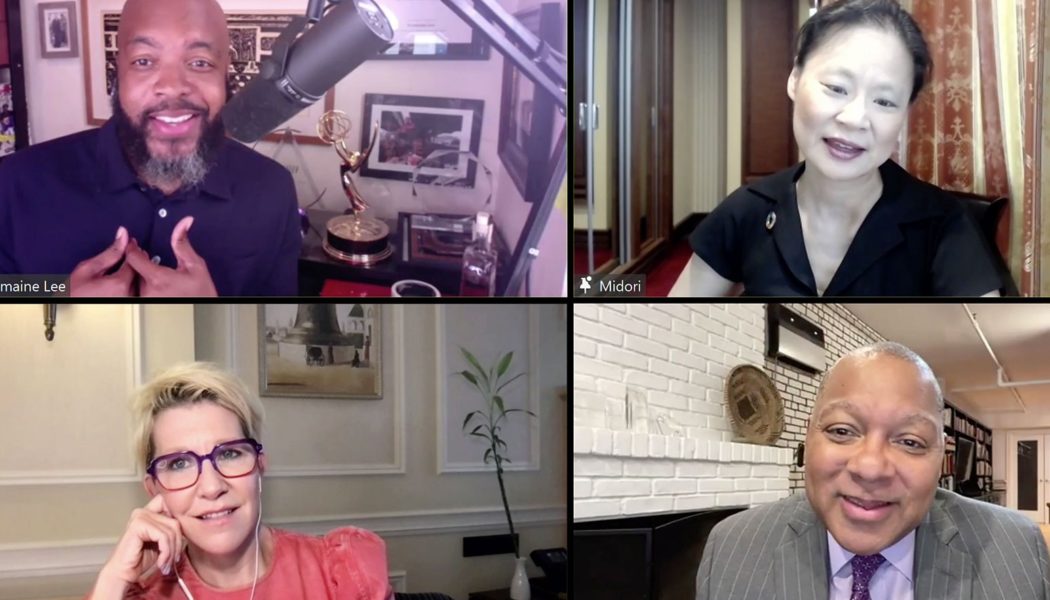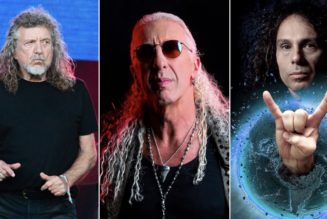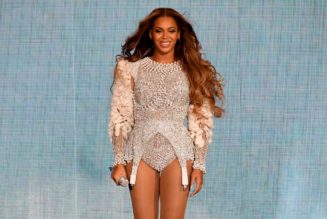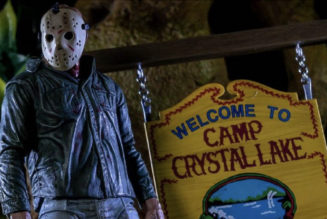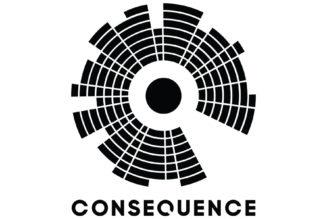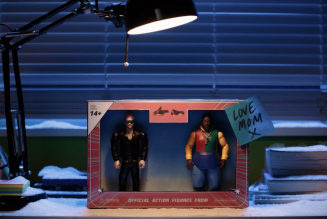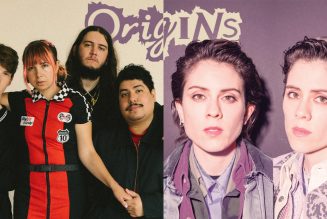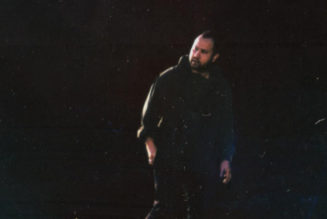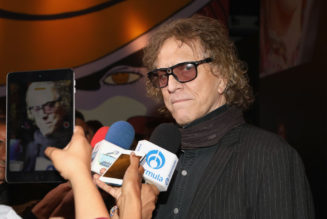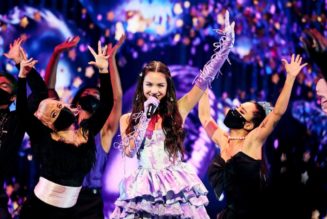
In an exclusive interview, two of the panelists — multi award-winning opera singer Joyce DiDonato and MSNBC correspondent Trymaine Lee — sit down with Billboard to further discuss how their respective industries can foster change and move forward.
Joyce, during the panel, you touched on the importance of introspection and how it’s necessary in moving forward. What have you been especially introspective about recently and what change did that bring about?
Joyce Di Donato: It’s so interesting because when this all started, I didn’t go to music; I went to silence. It felt like such a totally rare moment in the history of history to have that universal quiet. And so, I went there. Through all the mood swings and the ups and downs of this, what I’m leaving with now — which might change in the future — is the sensation of how precious it is to get time with a live audience. What do I want to use that time for? What do I want to say? Do I just want to get back on the hamster wheel and go back to the way things were? What do I want to do with the time that I have? I wanted to impact the world. I’m no longer just interested in a revival of something that has been done before a million times. We talked about [Biden inaugural poet] Amanda Gorman during the panel, and her message of going out there, being courageous and being the light. Now is the moment. I’m inspired by that.
At Billboard, we report heavily on the world of pop music. Over in the world of opera, what injustices have you noticed and how can those injustices be corrected?
JD: Opera is the microcosm of everything that’s happening. The issues of race are there. The issues of sexism are there. There’s one difference that I’ve noticed: In opera, there’s an elitism. I hate to use that word, but it’s been seen as a rich people’s sport. That’s a misconception because there are always $20 tickets available at any venue. They’re not the best seats, but you can get in and see it. So we have that issue. Another issue is — with a few exceptions — all the music was written by white European guys from centuries ago. So we have to come out and say, “How is this addressing where we are today?” It depends on how you approach it because there’s validity in the emotions. There’s validity in those stories, but how are we gonna tell them for a 21st-century audience?
On the bright side, the one thing that has been celebrated in opera for centuries is similar to how Beyoncé is celebrated today. The women have always been uplifted and celebrated. That is something good to recognize in the world of opera. She usually gets the last bow, which doesn’t always happen in corporate boardrooms. That is one thing that opera has going for it. It has the same challenges that every other entertainment industry has right now. But that’s a good thing, because it means we get to look at ourselves and make different choices.
What you said about the perception of elitism in opera is interesting! Coming from an immigrant background, I wasn’t exposed to opera and didn’t have a lot of access to it.
JD: Now that you mention it, there’s one Mariachi opera that was written for the Houston Grand Opera. Houston has done great things with trying to incorporate into the community. They wrote a Mariachi opera. It was a huge hit. They did a sequel, and it was fantastic. There may not be a lot at the moment, but the changes are coming up.
Passing it on to you, Trymaine — as a journalist, what impediments to peace to do you see in the industry?
Trymaine Lee: We’re dealing with those same kind of racist filters. We’re dealing with systemic racism and white supremacy pervading the fabric of who we are as Americans. Sometimes that glosses our greatest ideals of who we say we want to be because we’re still stuck with who we’ve always been. Part of it is re-centering the narrative of where we’ve been in order to understand where we’re going. We need to be harnessing the power of narrative as storytellers, making sure we’re shining light in all places and pushing to tell the stories that are often overlooked. For me as a journalist, it’s always been important to not be a voice, but to amplify voices and take control of the narrative. In the same way old white men from 600 years ago wrote the operas, the people in media who have been telling the stories aren’t from the communities that they’re covering. As we know, the lens is completely jaundiced. That has been an impediment, but now the soil is ripe for people to try to understand the mechanisms that move this country and the systems that bind us. People need to understand the ugliest parts of who we’ve always been to clear ourselves of that and move towards who we say we wanna be. Whether you’re talking about the carceral system, the media — pick an institution — these structures are guided by the same kind of negative forces, but I think the forces of good are starting to break through. I think the impediment is that we haven’t had control over our stories. So now, we’re beginning to get to that place. I think.
The panel touched on the power of youth and the next generation of activists. How do you think the media industry can be more equitable and inclusive of young journalists from underrepresented communities?
TL: That’s a great question. For a very long time, we’ve had issues of access. I’ve been a journalist for almost 20 years. When I was coming up, there were still internships that weren’t paid, so there was no way for someone like me — coming from a family like mine — to afford to live in New York for free and get access to the machinery of the media. That’s been an issue for a very long time. In terms of youth, we have to make sure that we are empowering them with the tools. Access is one part, but we also have to give them the tools to engage in the trade and understand how to tell stories. We need to give them to the space to tell stories and. We need to respect the voices of the youth because the media has been an old person’s game for a very long time because of the experience and gravitas, because of all these things that you’ll find in all these media spaces. But it’s so important that we tap into youthful energy, ideas, and ideals. We need to create space for them and make that a priority. When we tap back into the idea of underrepresented communities, I think that’s where the power of the youth are. The youth are guiding the culture. The youth are demanding that America be the kind of democracy it says it is. It’s young people from marginalized communities who are out on the front lines. We also need allies from other more privileged communities to come together and help. When you see all those folks getting tear gassed, they’re not old people. They’re all young. Often times, the people covering those instances don’t always reflect the generation or community they cover, so I think that if the media wants to survive, it’s imperative that it harness the power of the youth’s voice – especially as storytellers and journalists.
JD: I love being part of this. As opera singers, we’re storytellers too. That is what goes to the heart of people and that’s where change happens. When we’re hearing the stories, they should be coming from the source.
